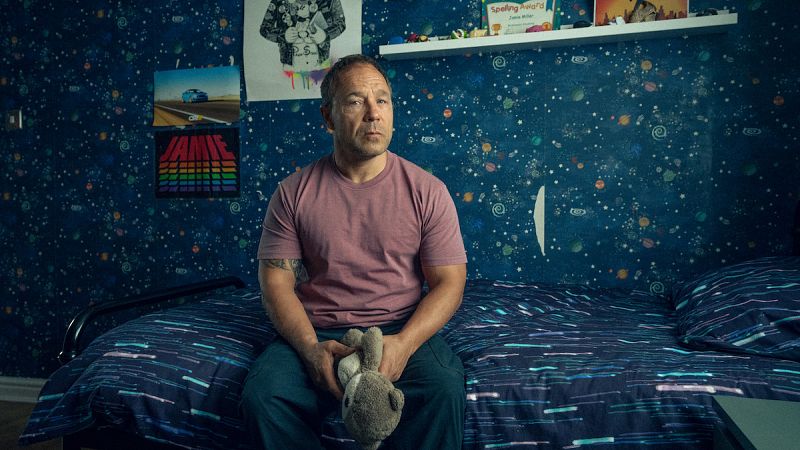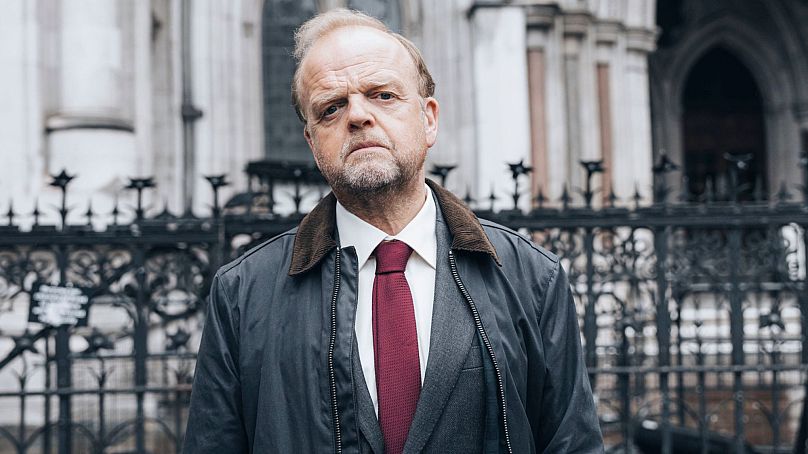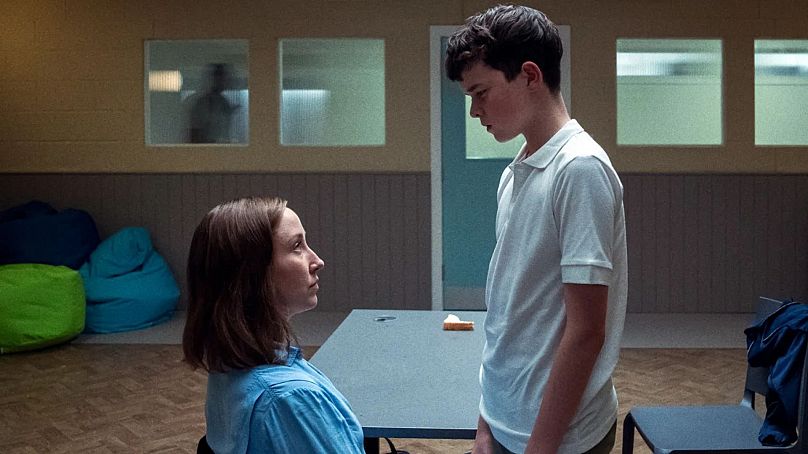
A new parliamentary report warns that Britain’s film and high-end television (HETV) industry is battling a serious crisis, and unless urgent action is taken, the UK risks losing its cultural voice and a generation of creative talent.
"The independent film sector is almost dead, and the UK studio sector is hostage to the fortunes of (mainly) US based entities," veteran producer Michael Kuhn told MPs.
And the numbers back him up. In 2024, UK independent films accounted for just 9% of total production spending and a mere 6.9% of the box office - a stark drop in a sector long seen as a training ground for British talent.

Meanwhile, the British high-end TV sector, which brought the world Derry Girls and Mr Bates vs The Post Office, is also in “crisis”. Spend on domestic HETV fell by 25% last year, with dozens of productions cancelled or stuck in “funding limbo”, according to the BBC.
“We are losing it,” said writer and director Peter Kosminsky, who made 2015’s Thomas Cromwell mini-series, Wolf Hall. “Blink and it will be gone.”
The Culture, Media and Sport Committee is urging the government to introduce a suite of bold interventions, including new tax breaks, enhanced support for cinemas and a proposed levy of 5% of UK subscriber revenue on streaming giants like Netflix, Apple and Amazon.
“Big box-office blockbusters made in Britain have showcased the UK’s world-class film and high-end television industry like never before,” said Dame Caroline Dinenage MP, Chair of the CMS Committee. “But the boom in inward investment of recent years now risks crowding out our many talented independent British producers.”

The scale of the crisis may seem surprising to some, particularly in light of the astonishing success of Adolescence. The four-part British drama, created by Jack Thorne and Stephen Graham, premiered just last month and has already broken records - entering Netflix’s all-time top ten for English-language series with a staggering 114 million views.
But as Dame Caroline Dinenage points out, such wins are the exception - not the rule: "Unless the government urgently intervenes to rebalance the playing field, for every Adolescence adding to the national conversation, there will be countless distinctly British stories that never make it to our screens."
The fight against harassment and artificial intelligence
The report also highlight the challenges faced by those who work in the British film and HETV industry.
Skills gaps, poor working conditions, and widespread job insecurity were repeatedly raised in evidence. Freelancers - who make up much of the workforce - face long periods of unemployment, while bullying and harassment remain entrenched.
A 2022 survey by the Film and TV Charity revealed that a third of respondents had experienced bullying behaviour at work in the previous year. Additionally, nearly a quarter of Black and Global Majority respondents reported racial harassment or discrimination, while 12% had experienced sexual harassment or discrimination.
Meanwhile, almost one in five respondents with a disability or long-term health condition reported being harassed or discriminated against on that basis.
The Committee urges the government to reform training and apprenticeships, improve mental health support, and appoint a Freelancers’ Commissioner to advocate for precarious workers across the sector.
Of course, the report also warns about the unchecked use of artificial intelligence within the indsutry. MPs warn that without stronger copyright protections, creators and performers risk losing control over their own likenesses and creative output (as seen recently with the controversy surrounding ChatGPT's viral Studio Ghibli-style images).
“The Committee is right to recommend the Government require AI developers to license any copyrighted works they wish to train on. Generative AI directly competes with the British creators who make the work it's trained on, so they must pay for this work," says Ed Newton-Rex, the CEO of Fairly Trained, a non-profit which certifies generative AI companies for fairer training data practices.
For the struggling cinema sector, the Committee recommends new funding for independent cinemas, many of which are still recovering from the pandemic and face long-term cost pressures. It also suggests the government consider reducing VAT on cinema tickets.







